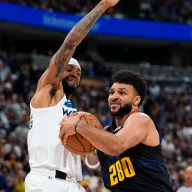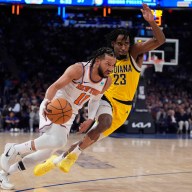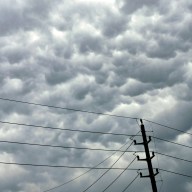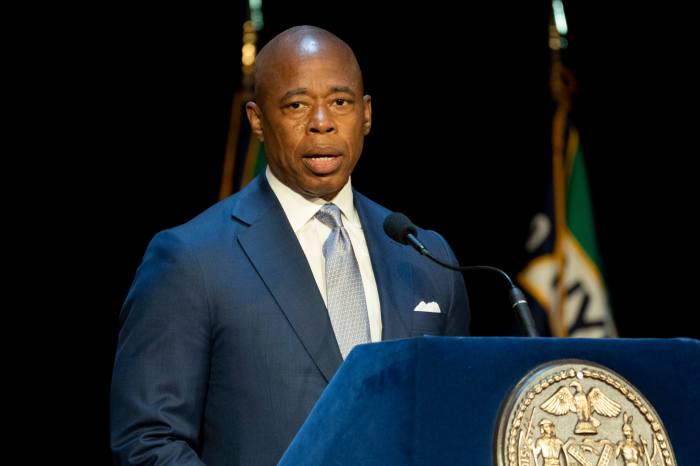 The original Big Star line-up —Alex Chilton, Jody Stephens, Chris Bell and Andy Hummel —are seen in this picture from the good old days.
The original Big Star line-up —Alex Chilton, Jody Stephens, Chris Bell and Andy Hummel —are seen in this picture from the good old days.
Credit: Magnolia Pictures
‘Big Star: Nothing Can Hurt Me’
Directors: Drew DiNicola, Olivia Mori
Genre: Documentary
Rating: NR
3 (out of 5) Globes
This is the summer of musicians belatedly getting their due. The background singers in “Twenty Feet From Stardom” were jerked over by callous record execs, parasitic stars and Phil Spector. At least Big Star, the Memphis-based power pop outfit inexplicably ignored during their time, have long been considered major by the music critic cognoscenti and copycat admirers like R.E.M. and the Replacements. They’re such a staple of the Alt-Rock 101 canon that it’s a wonder what audience “Big Star: Nothing Can Hurt Me,” the perhaps tardy official Great Band documentary about them, is for. It’s a purely expository profile film, and as such falls somewhere between Wikipedia page and Rob Jovanovic’s doorstop on the band’s tumultuous history.
Big Star only recorded three albums, meaning the same samples get played over and over and then over again. Of course, there are worse problems to have than repeatedly hearing the opening lick to “O My Soul.” “Nothing Can Hurt Me”’s biggest attribute, apart from the obvious, borderline hyperbolic passion oozing from makers and interviewees alike, is how it takes its sweet time, cramming as much story as possible into the two-hour length.
At least initially, Big Star boasted not one but two geniuses: Alex Chilton, former gravel-voiced teen singer of the Box Tops, and Chris Bell, a brooding, budding master. Rock ‘n’ roll, we’re told, wasn’t doing so hot in the early 1970s. (This isnt’ exactly true, but let’s not ruin a good Lester Bangs rant.) Big Star positioned itself as a retro band that looked back, with legitimately Beatlesesque melodies and harmonies, as well as forward. Hooky rockers alternated with ballads of bottomless emotion, each song instantly gratifying yet, over repeat spins, richly rewarding. Naturally, no one bought their records.
Bell’s split from the band, due in part to ego frustration (the raves they got usually name-checked the more famous Chilton), forces the doc to split in two. One eye stays on the remaining members while the other sticks with Bell, whose solo career was cut short by a car accident. Chilton died in 2010, and was lucky to see the band’s fortunes change posthumously, although he didn’t survive to see what a justifiably fawning nonfiction presentation of their rocky life story looked like. Still, you’ll have to dig into Jovanovic’s book to get more than the little dirt offered here about the hectic recording sessions of the band’s desiccated swan song “Third/Sister Lovers.”
















